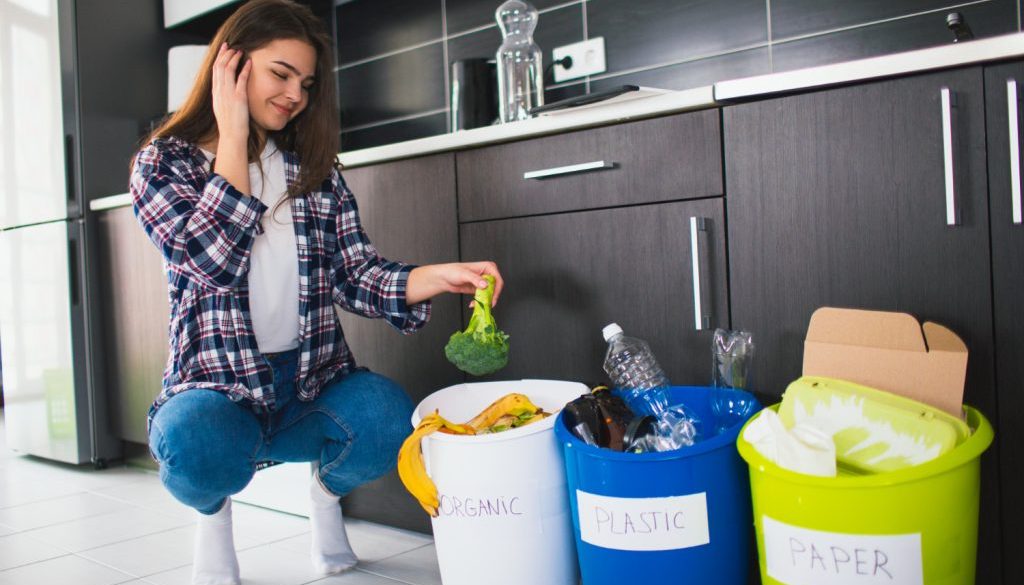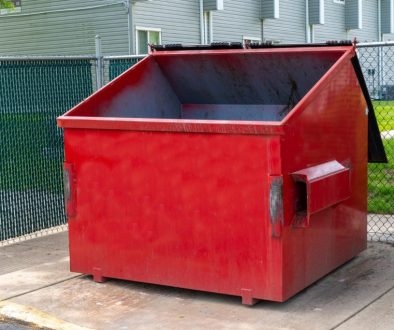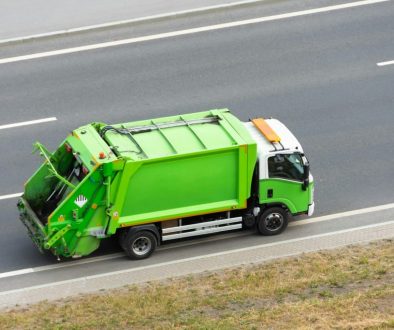Recycling can save energy, reduce pollution, and conserve resources, but sorting rubbish correctly is essential to make it all happen. Many people struggle with understanding the different materials that can be recycled, leading to frustration and mistakes. Knowing the types of rubbish and how to sort them makes recycling an easy habit rather than a chore.
Setting up an effective recycling system at home can make a huge difference. It helps to streamline the process and encourages every family member to participate actively. By being mindful of the ways to organise and separate waste, you can prevent common errors, such as throwing non-recyclable materials into recycling bins.
A well-organised approach to sorting rubbish benefits not just your household but also the wider community. When recycling becomes second nature, it positively impacts our environment and promotes sustainable living. Understanding and implementing the right techniques empowers everyone to contribute to a cleaner, greener world.
Understanding Different Types of Rubbish for Recycling
To recycle effectively, it’s important to understand what can and cannot be recycled. Different types of rubbish require different processes, so sorting them correctly is the first step in proper recycling.
1. Plastic Waste: Plastics are common but vary in recyclability. Look for recycling symbols with numbers on bottles and containers. Plastics 1 and 2 are usually accepted by most recycling programmes. Avoid placing plastic bags and films in recycling bins, as they can clog machinery.
2. Paper and Cardboard: Paper and cardboard are widely recyclable. Ensure they are clean and dry before placing them in the recycling bin. Avoid laminated or wax-coated paper, which is not recyclable.
3. Glass: Most glass containers can be recycled but must be sorted by colour — clear, green, and brown. Avoid recycling light bulbs, ceramics, or Pyrex, as these require different processes.
4. Metal: Aluminium and steel cans are widely accepted. Rinse them before recycling. Avoid recycling items like metal hangers or scrap metal without checking your local recycling centre’s policy.
5. Organic Waste: While not recyclable in the traditional sense, organic waste like food scraps and garden waste can be composted. Composting reduces landfill waste and creates nutrient-rich soil for gardening.
By understanding these types of rubbish, you can effectively sort and recycle, helping to ensure materials are properly processed and reused.
Tips for Setting Up an Efficient Recycling Station at Home
Organising a recycling station at home simplifies sorting rubbish and ensures everyone in the household knows how to contribute. Follow these steps to create an efficient system that fits your space and family needs.
1. Choose the Right Spot: Pick a location that’s convenient, like the kitchen or a utility room. Ease of access encourages use and makes sorting part of your daily routine.
2. Label Clearly: Use clear labels for different bins, such as plastics, paper, glass, metal, and compost. Pictures or icons can help younger family members identify the correct bin.
3. Use Colour-Coded Bins: Colour-coding bins simplifies sorting and creates an easy visual reminder of where different materials go. For example, blue for paper, green for glass, and yellow for plastics.
4. Set Up a Schedule: Establish a routine for emptying and sorting your bins. Incorporate collection days to ensure bins are ready for pick-up or drop-off at the recycling centre.
5. Provide Cleaning Tools: Keep a small brush or rinse station nearby to clean recyclables, like cans and bottles, before sorting.
6. Educate and Involve the Family: Hold a family meeting to explain the system and the importance of recycling. Encourage everyone to participate and offer incentives for consistent use.
Creating a structured recycling station makes it easier for everyone to participate and ensures that recycling becomes a seamless part of your home life. With these tips, you’ll efficiently manage and sort your rubbish, aiding in efforts to keep the environment clean and sustainable.
Common Mistakes in Rubbish Sorting and How to Avoid Them
Sorting rubbish for recycling can sometimes be tricky, and mistakes are common. By recognising these errors, you can easily avoid them and ensure your efforts really count.
1. Mixing Materials: One of the biggest mistakes is placing different materials together, like putting plastic bags in with paper. Keep materials separate to prevent contamination.
2. Failing to Clean Recyclables: Dirty items can spoil entire batches of recyclables. Make sure all containers, like yoghurt pots and jars, are free from food remains.
3. Recycling Non-Recyclable Items: Items like greasy pizza boxes, ceramics, or certain plastics may not be suitable for recycling. Always check local guidelines to know what’s acceptable.
4. Ignoring Labels and Instructions: Many products have recycling symbols or instructions on the packaging. These provide important details on whether the item is recyclable or needs special handling.
5. Forgetting to Remove Lids: Caps on containers, especially those made of different materials, should be removed. This aids in the recycling process by preventing material mixing.
Avoiding these mistakes not only improves the recycling efficiency but also supports the environment. Being mindful about sorting helps ensure that the materials sent for recycling are properly processed and reused.
Benefits of Proper Rubbish Sorting for Your Community
Proper rubbish sorting is more than just a personal practice; it brings significant advantages to the community and environment. Here’s how effective sorting contributes positively.
1. Reduces Landfill Waste: By recycling effectively, less waste ends up in landfills, reducing environmental impact and preserving space. This helps prevent soil and groundwater pollution.
2. Saves Resources and Energy: Recycling materials use less energy compared to producing new materials. This helps conserve natural resources and lower energy consumption.
3. Supports Local Economy: Recycling creates jobs and supports local industries that process and reuse materials. It helps strengthen the local economy by providing employment opportunities.
4. Improves Community Health: Reducing waste and pollution through proper sorting leads to cleaner air, water, and environment. This contributes to healthier living conditions for everyone.
5. Fosters Community Involvement: When communities work together to recycle, it fosters a sense of responsibility and cooperation. Everyone benefits from cleaner, more sustainable surroundings.
Engaging in proper sorting practices encourages a healthier, more sustainable future for your community. Well-sorted waste means a cleaner environment and a brighter future for all.
Conclusion
Recycling might seem like a small task, but it holds big potential for making a difference. By understanding how to sort rubbish correctly, you not only contribute to a greener planet but also set a positive example for those around you. Sorting your waste efficiently can inspire others to do the same, creating a ripple effect that extends far beyond your immediate environment.
Every step in the recycling process counts towards building a sustainable future. By choosing to sort rubbish carefully, you help conserve resources, reduce pollution, and promote a healthier habitat for wildlife and people alike. These actions, no matter how small they may seem, collectively lead to significant environmental benefits.
If you’re ready to make recycling part of your routine, consider turning to Enviro Skip Hire. We are dedicated to helping communities like yours manage waste responsibly while providing efficient skip hire in Stafford. Reach out to us to find the perfect skip hire solution and take the next step in your recycling journey.




